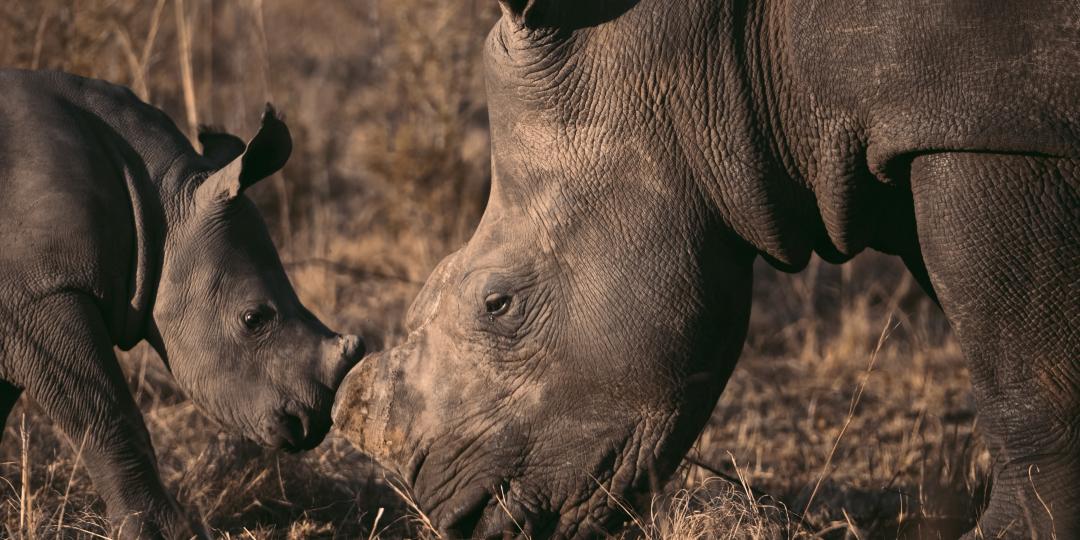Anti-poaching measures appear to be paying off in the Kruger National Park, where a total of 124 rhino were poached for their horns last year, representing a 40% decrease from 2021. Not a single rhino was poached in any of South Africa’s other national parks.
“The steady decline in rhino poaching in national parks is related to the relentless war that has been waged by our fearsome anti-poaching machinery as well as a comprehensive dehorning programme,” said Minister of Forestry, Fisheries and the Environment, Barbara Creecy.
The World Wildlife Fund said the decrease in Kruger provided “hope and important lessons regarding successful interventions for rhino security in large conservation areas within a landscape exploited by organised criminality”.
“Over the last year, several positive security interventions have been proven in disrupting wildlife criminals, including dehorning programmes, multi-agency law-enforcement collaborations, including financial investigations and efforts to build ranger morale and integrity,” said Dr Jo Shaw, Africa Rhino Lead for WWF.
Threat shifts to KZN
The poaching threat has, however, shifted from Kruger to provincial and privately owned reserves in KwaZulu Natal, which lost 244 rhino to poachers last year. Hluhluwe iMfolozi Park was targeted particularly.
“We believe that if provincial authorities in KwaZulu Natal follow our model, they will be able to significantly curb rhino poaching in their provincial parks before it is too late,” said Minister Creecy.
Countrywide, a total of 451 rhino were poached: a decrease of three individuals from 2021.
Shaw said rhino poaching syndicates remained a grave concern for conservation areas across southern Africa.
“The transnational organised crime networks targeting large conservation areas and important rhino populations remain a serious concern. At the same time as targeting the criminals involved in wildlife trafficking, we must continue our parallel platforms of rhino population management to grow numbers as quickly as possible and building relationships with communities around protected areas for the long-term benefits of people and nature.”
Successful law enforcement
Integrated law enforcement efforts between, the SAPS, Hawks, SANParks, Environmental Enforcement Fusion Centre, the Green Scorpions, customs officials and provincial park authorities led to the arrest of 132 people for rhino poaching in 2022.
A recent intensified focus on money laundering and international co-operation with other law enforcement authorities also saw the arrest of 26 rhino horn traffickers and 13 people for money laundering and bribing of rangers.
According to the Department of Forestry, Fisheries and the Environment (DFFE), special interventions in KwaZulu Natal resulted in four key arrests of rhino poaching syndicate members operating in the province.
During 2022, the National Prosecuting Authority, in collaboration with the DFFE established a Director of Public Prosecutions Environmental Working Group. The purpose of this group is to foster closer collaboration between the provinces working on wildlife trafficking cases and helps identify repeat offenders moving around the country.
As part of continued efforts to ensure the survival of the rhino species, SANParks, is in the process of identifying suitable safe habitat across South Africa for the introduction of new rhino communities.
*Members of the public can report any suspicious activities around wildlife to the environmental crime hotline 0800 205 005 or the SAPS number 10111.






